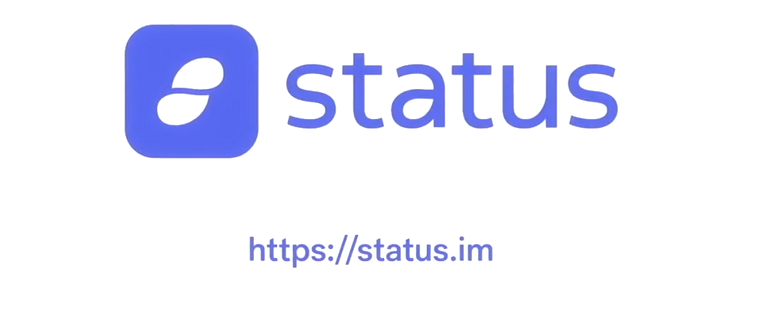
No one would doubt the Status team knows what they are doing. If that wasn't the case, they would not have had been able to raise over $270 Million. The white paper is interesting, and focusing on the mobile platforms is a very smart idea. From most points of view, there is no end to the praise the Stratus Team deserves. Sadly, the ICO will haunt them for quite some time.
It is important to mention that the Status ICO's website never went down and handled the demand beautifully, which is rare these days. The team decided to allow investors to see the smart contract deposit address well in advance. The team also set the ICO to start at a specific network block. Both very good ideas, even though it caused some confusion.

This is where the first problem occurred. People started sending large amounts of Ether to the address before the correct time. This transactions were denied, but it caused a lot of overload for the Ethereum blockchain. This shows, that despite what people think, the Ethereum blockchain is not good at handling large amounts of transactions.
The next problem was that getting funds to the smart contract address proved to be almost impossible. The Status ICO contribution page said users could only send transactions at 50 Gwei maximum. However, this was false. Anyone using 50 Gwei or less was effectively cut off from getting a transaction through. A lot of investors sent transactions of 100 Gwei and more in order to get ahead of the queue. Sadly, this also meant these people were able to invest in an ICO which should have effectively blocked these transactions altogether. Not the most level playing field by any means.
To make matters worse, this caused even more Ethereum network congestion. A lot of popular cryptocurrency ICO wallet clients were unable to even broadcast transactions to the blockchain. This mainly affected MyEtherWallet users, although some Mist and Parity users were struggling as well. It is evident centralized wallet services – or their chrome plugins – will falter if the Ethereum blockchain can’t keep up with the number of transactions. Sending money through MyEtherWallet was impossible, as none of the transactions even made it to the blockchain whatsoever.All of this highlights some major problems where Ethereum is concerned. As sound as the technology may be, it suffers from the same issues as Bitcoin. High transaction volume cannot be handled properly, which is a big problem. It took several hours before things returned back to normal. Even now, services such as MyEtherWallet are struggling to broadcast transfers properly. This is not a good development for Ethereum by any means. Nor is it good news for the Status ICO, as it is by far one of the more controversial projects in recent months.
I was wondering what went on. Thanks for the helpful post that explained a lot!
No problem! Glad to help